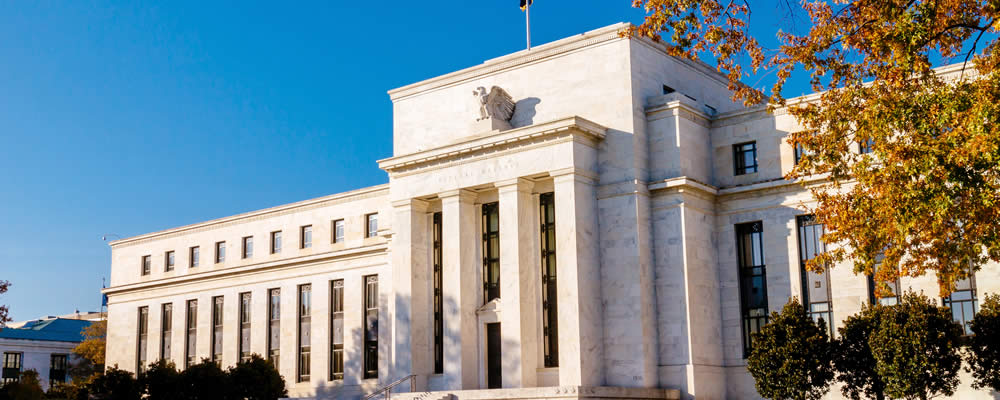Euro US Dollar (EUR/USD) Exchange Rate Muted on Weak US Business Spending
UPDATE: The Euro US Dollar (EUR/USD) exchange rate remained muted on Tuesday afternoon following the release of US durable goods orders. The pairing is currently trading at around $1.1002.
The Dollar remained under pressure after US core capital goods orders slumped by the greatest amount in eight months.
This suggests that business investment slumped further during the final quarter of 2019 and dragged on economic growth.
The US Commerce Department showed orders for non-defense capital goods, which is a close proxy for business spending plans, plummeted by -0.9%.
The ‘Greenback’ remained flat as business spending remained one of the weak spots for the US economy.
However, USD remained muted against the Euro as further data showed that US consumer confidence rose to 131.6 in January from 126.5.
Commenting on this, senior director of economic indicators at The Conference Board, Lynn Franco said:
‘Optimism about the labour market should continue to support confidence in the short-term and, as a result, consumers will continue driving growth and prevent the economy from slowing in early 2020.’
Euro US Dollar (EUR/USD) Exchange Rate Muted Ahead of Fed Meeting
The Euro US Dollar (EUR/USD) exchange rate remained flat on Tuesday, with the pairing trading at around $1.1016.
Markets remained relatively subdued this morning as investors await this week’s Federal Reserve monetary policy meeting.
The ‘Greenback’ was little changed against the single currency, and close to its strongest level since December.
Officials from the Fed are due to meet over the next two days. It is expected the bank will reiterate desires to leave monetary policy on hold at least through the rest of the year.
Coronavirus Fears Buoys Safe Haven Currencies
Meanwhile, safe haven currencies such as the Euro and Dollar received a slight boost as investors continued to fret about the outbreak of the Wuhan coronavirus.
The death toll hit 106 in China, while the number of confirmed cases jumped from 2,835 to 4,515. This prompted the country to extend the Lunar New Year holiday to 2 February.
Added to this, the country’s largest steelmaking city, Tangshan has had all public transport suspended in attempts to stop the spread of the virus.
In a note, Citi economists wrote:
‘The wildcard is not the fatality rate, but how infectious the Wuhan virus is.
‘The economic impact will depend on how successfully this outbreak is contained.’
Added to this, strategist at broker Pepperstone, Chris Weston noted:
‘How do we fully price risk, if we have such limited visibility on how bad this could get, not just in terms of contagion, but the impact this will have on economics?’
US Dollar (USD) Flat as New US Home Sales Slump Unexpectedly
On Monday afternoon, data revealed that the sales of new US single-family homes slumped unexpectedly in the final month of 2020.
December’s -0.4% fall was the third straight month of declines, likely due to a shortage of affordable homes.
The US Commerce Department also revealed that sales in the South plummeted to more than a year low.
However, the Dollar was likely supported by data showing the sales of previously owned houses increased close to a two-year high in December, following seven consecutive months of gains.
Euro US Dollar Outlook: US Durable Goods Orders in Focus
Looking ahead to this afternoon, the US Dollar (USD) could edge higher against the Euro (EUR) following the release of upbeat durable goods orders.
If December’s monthly orders rebound after November’s disappointing data, the ‘Greenback’ will rise.
Meanwhile, on Wednesday the single currency could suffer some losses following consumer confidence data.
If GfK reveal that German consumers’ confidence unexpectedly slumps in February, the Euro US Dollar (EUR/USD) exchange rate will slide.



